T1D Guide
T1D Strong News
Personal Stories
Resources
T1D Misdiagnosis
T1D Early Detection
Research/Clinical Trials
Jessica Slate vonGoeler on Speaking Out with Type 1 Diabetes
Many of the liberties people with type 1 diabetes enjoy today, running marathons, becoming pilots, even children checking their blood sugar in the classroom, were once hard-fought battles. Jessica vonGoeler has spent her life challenging the status quo and refusing to take no for an answer.
.jpg)
Barriers with Type 1 Diabetes
Historically, individuals with type 1 diabetes (T1D) have faced limitations and adversities that many of us take for granted. T1D has always been a misunderstood condition, from the early starvation diets to driving restrictions and limited career choices due to concerns about hypoglycemic episodes affecting their performance. Even getting diabetes protected under the Americans with Disabilities Act (ADA) wasn’t easy.
It’s important to note that many of these restrictions were challenged by people like Jessica Slate vonGoeler. Jessica and others like her demanded change, which allowed others to enjoy greater freedoms with the disease. Her advocacy has paved the path for other type 1s to reap the benefits of her hard work.
When Jessica was diagnosed with type 1 diabetes in 1975, she was told that she had an expiration date and wouldn’t live past her twenties, and that she would be welcoming death in the last years of her life. Outrageous as those comments were, Jessica has not only defied these claims but decades later is thriving with her condition. In August, she is hitting her 50th di-anniversary.
"In 1975, this was the reality, we had urine testing and animal-derived insulin," said Jessica. "Home blood testing, synthetic insulins, pumps, and sensors changed it. I defied the odds."
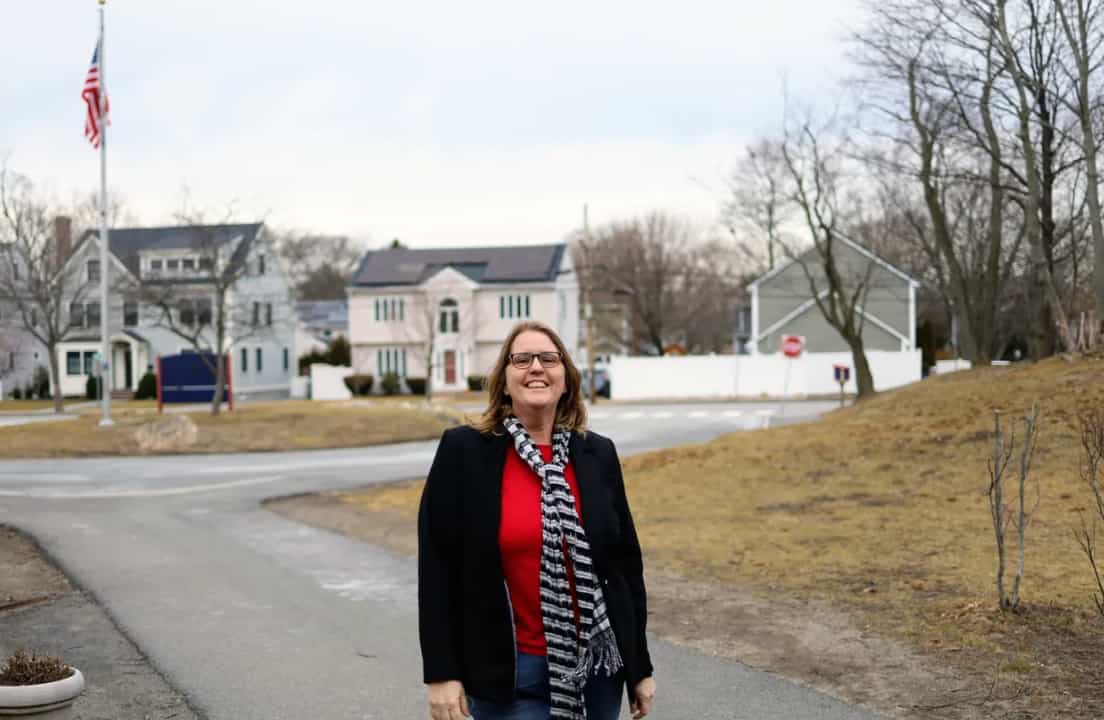
About Jessica Slate vonGoeler
Diagnosed with T1D at age four, Jessica credits her parents for teaching her to speak out. From an early age, her mom and dad actively participated in fundraising and raising awareness. Jessica and her brother grew up with activism, a common thread in their lives.
“They did a lot of fundraising, we had no choice but to get on that bandwagon and get it done,” said Jessica. “When I was little, we had a picture taken of me and my brother sitting with the mayor, and my brother had this look on his face, like ‘here we go again.’”
When Jessica was a young girl in grade school, it was suggested that she go down to the nurse’s office for her blood glucose testing, but Jessica wanted to do it from her desk, which was easier and safer. But the school said it might scare people, to which Jessica's parents replied, “Well, why don’t we teach them about it?”
“I’m not going to go hide because it might make someone uncomfortable, I’m going to educate them. If you don’t speak up for your needs, they just go unmet.”
Her parents taught her from an early age to stand up for herself. It was a theme she carried into adulthood. Jessica quickly learned that if she could advocate to raise money, she could advocate when her insurance company says no.
“The best way to get what you need is to speak up and normalize it,” she said.
An Early Dream Realized
Jessica graduated with a bachelor’s degree in marine engineering from the Massachusetts Maritime Academy, but she had to fight to be accepted into the program because of her type 1 diabetes.
"The school trains students at sea on commercial ships, cargo ships, and oil tankers, but it said it was too dangerous for people with T1D," said Jessica. They told her no, and she fought back with recommendations and support form alumni to prove her ability. “I learned at 18 how to leverage your network. I raced sailboats at the time and got letters. I gained a lot of support, and finally, they let me attend.”

Jessica was one of eight women in her graduating class out of around 180. Thanks to Jessica, federal regulations now allow people with diabetes to obtain original United States Coast Guard licensing to work on merchant ships.
“I was the first person with diabetes to receive a United States Coast Guard license for steam or diesel of any power and size vessel."
She made the cover of Diabetes Forecast for this achievement, and at her 15th anniversary reunion, she saw a girl with an insulin pump and thought, “You’re proof that what I did matters.”
COVID-19 Susceptible Conditions
When the COVID-19 virus first erupted, the Centers for Disease Control and Prevention (CDC) came out with a list of underlying conditions recommending measures for prevention and treatment, and type 1 diabetes was not on the list. Jessica challenged the COVID language in 2021, asking for T1D to be added to the list of susceptible conditions along with type 2 diabetes (T2D). Click here for more information on Jessica’s grassroots mission.
“Type 2 was on the list of issues that had priority access, but type 1 wasn’t. I reached out to some of the organizations I had spoken to before, and they didn’t have the state-level infrastructure; they could only fight it on a national level. I got mad and started a petition,” she said. “When I reached 18,000 signatures, the media contacted me and we got prioritization a week before the general public.”
The Future of Diabetes Healthcare
Fortunately, NIH-funded research enabled breakthroughs in insulin, glucose monitoring, and complications prevention. Now, these advancements may be in jeopardy with recent federal cuts.
Jessica expressed concern about the NIH funding cuts. "Since January, over 1,400 grants have been canceled, resulting in a $4.7 billion drop in funding. That’s a loss of decades of progress. Science in one bucket serves science in another bucket. Whether it’s going to cancer, SIDS or diabetes, it impacts all conditions."
Despite these setbacks, Jessica feels optimistic about the future path for a cure. “The rumors that Medtronic has something really great coming out, the work Vertex is doing is exciting. All these organizations are working toward the end goal. I feel like we’re on the cusp. The science is there, the talent is there, we just need the government’s backing."
Inflated Insulin Costs
Jessica has repeatedly rallied to champion the underdog and recently raised awareness of the elevated insulin prices.
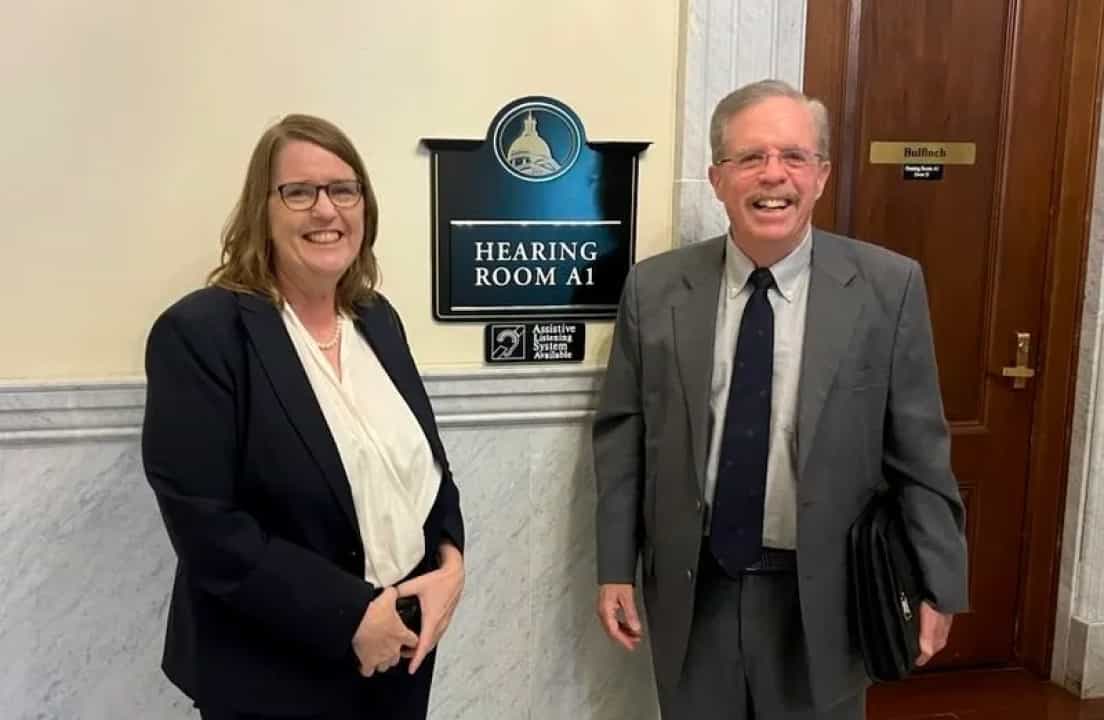
Diabetes Patient Advocacy Coalition (DPAC)
Jessica recently testified on behalf of the Diabetes Patient Advocacy Coalition before the Joint Committee on Financial Services at the Massachusetts State House to encourage Massachusetts Legislators to enact some regulations to control benefit pharmacy managers.
At the hearing, she noted, “I have spent so much money out of pocket that I could have paid for my daughter to attend a private college twice.”
She spoke in support of two critical bills to improve access and affordability for people living with T1D and require pharmacy benefit managers’ (PBMs) rebates to be passed through to patients:
- H.1234 – An Act relative to pharmacy benefit managers
- S.724 – An Act promoting healthcare access and affordability for patients
Pharmacy benefit managers (PBMs) are third-party companies that act as middlemen between insurers, pharmacies and drug manufacturers. PBMs are supposed to lower costs and improve access to medications, but their role is tainted with conflicts of interest and a lack of transparency.
“Everyone’s getting rich at the patient’s expense," said Jessica. "I have no problem paying for what I need to pay for to stay alive, but where I have a problem is paying for the middleman to get rich, which is when I get upset.”
Grownup T1Ds Expanding to the East Coast
If Jessica isn’t busy enough with her advocacy, she is also working to start a Grownup T1D chapter in Boston.
“I had been following Kelly Dawes for a while. Kelly is the founder of Grownup T1Ds, a nonprofit out of San Diego, CA.
“I thought, this is awesome, this needs to be everywhere. I saw they were expanding, and I reached out. Boston has a lot of different groups, but there’s nothing for that middle-aged group dealing with aging parents, menopause, and retirement."
Figuring out event logistics requires obtaining state licensing, establishing bylaws between the two parties, and that takes money, grants, and fundraising. “It’s harder to do without being registered with the state. We’re getting there.”
If you’d like to help this cause, Grownup T1Ds in Boston is looking for collaborative partnerships, sponsors and underwriters, as well as funding to cover state non-profit registration fees (donations are accepted here).
Diabetes Peer Support
“I think this disease can be completely overwhelming, and you may not realize how overwhelming it is because you’re forced to still put one foot in front of the other, but nobody has to face it alone," said Jessica. "I had amazing support my whole life, but there is something about being with someone with T1D who gets it.”
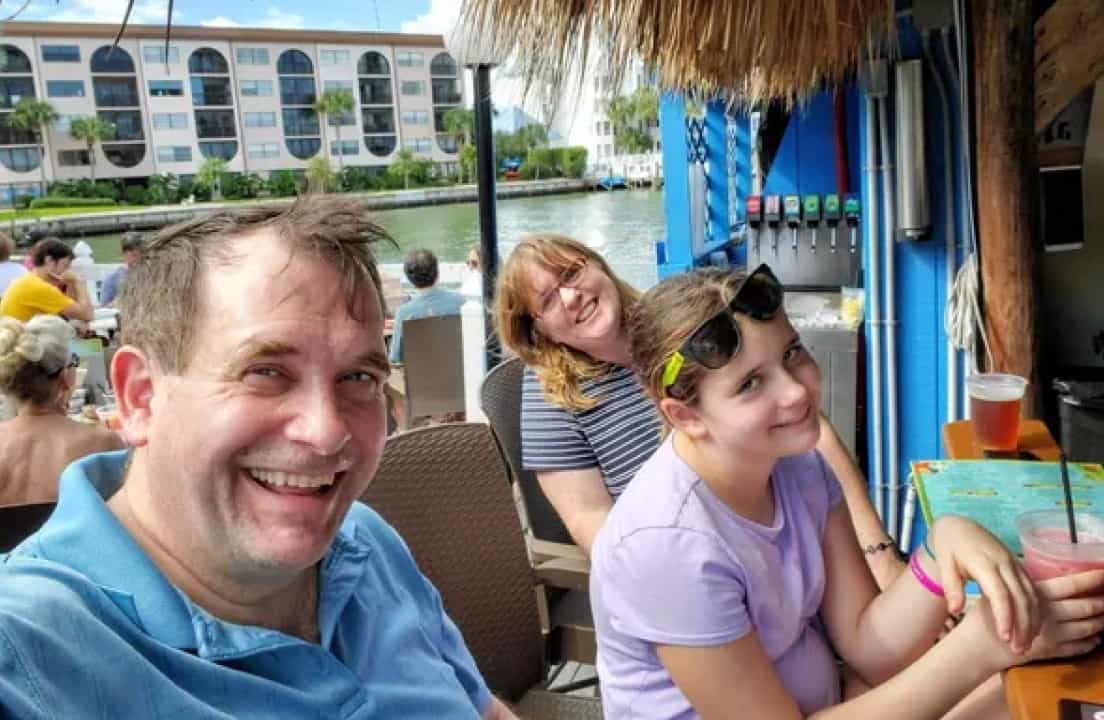
Stronger in Numbers
Jessica is hopeful for the future of diabetes healthcare because she sees people with type 1 diabetes showing up in numbers. “At state houses, capital buildings, online, and doctors’ appointments, T1Ds are refusing to be ignored,” she said. “Every time I talk to someone who takes their lived experiences and puts them to action, I realize we’re not alone; our voices are stronger together, and change is possible. There was a time when CGMs (continuous glucose monitors) weren’t covered. When enough people say, 'I want this, here’s the research why, cover this—it will happen.'”


.webp)





.webp)
.jpg)
.jpeg)
.jpg)

.jpg)

.jpg)
.jpg)
.jpg)
.jpg)

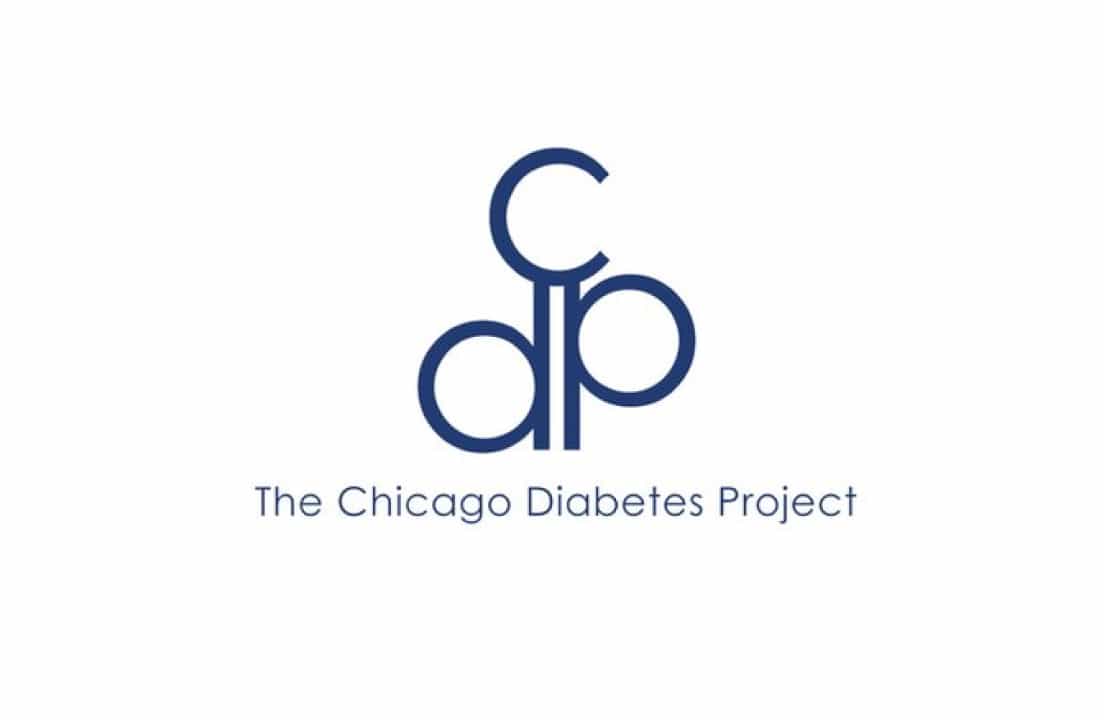
.jpg)
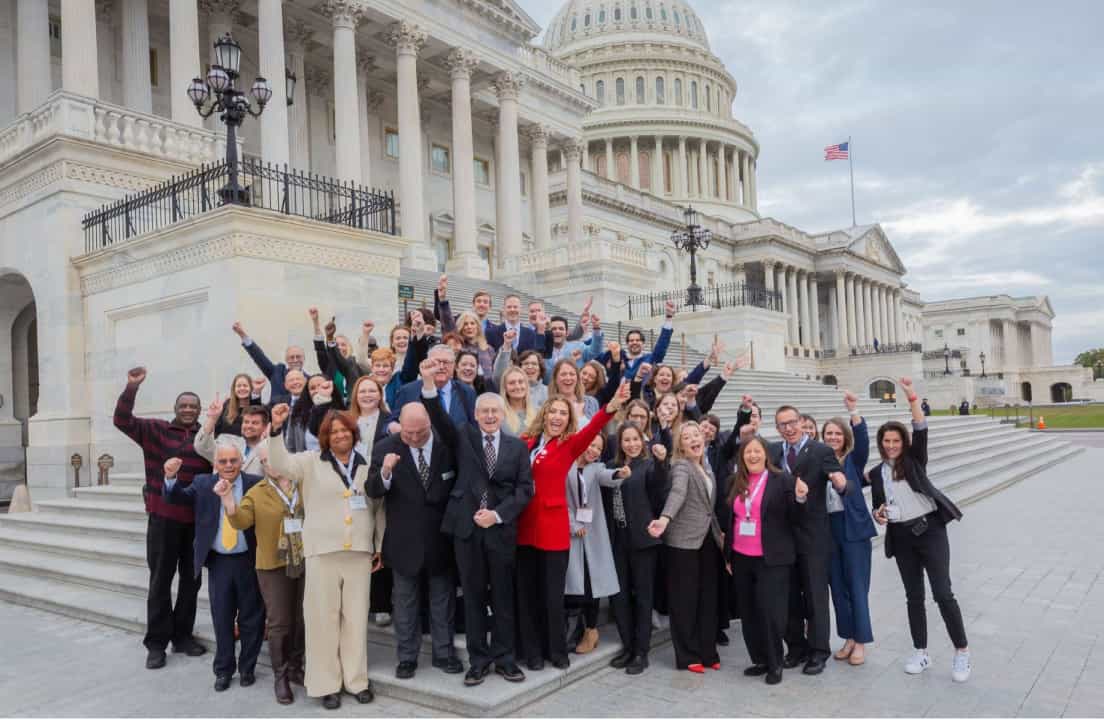
.jpg)


.jpg)
.jpg)

.jpg)

.jpg)
.jpg)


.jpg)
.jpg)

.jpg)
.jpg)
.jpg)
.jpg)
.jpg)

.jpg)
.jpg)
.jpg)
.jpg)
.jpg)

.jpg)
.jpg)

.jpg)
.jpg)
.jpg)

.jpg)
.jpg)


.jpg)
.jpg)
.jpg)













.jpg)


.jpg)













.webp)





%20(1).png)




.jpeg)






.jpg)









.webp)